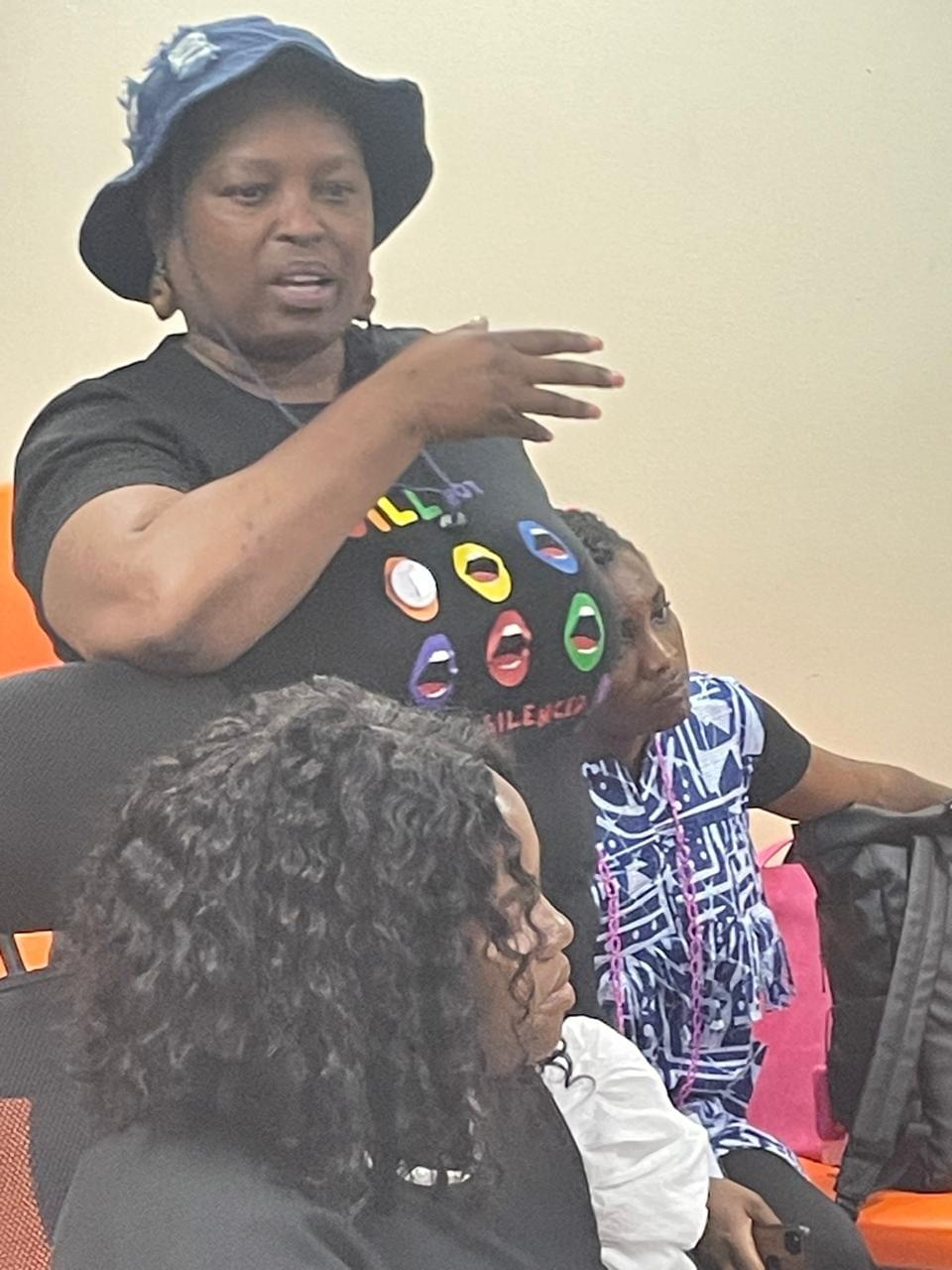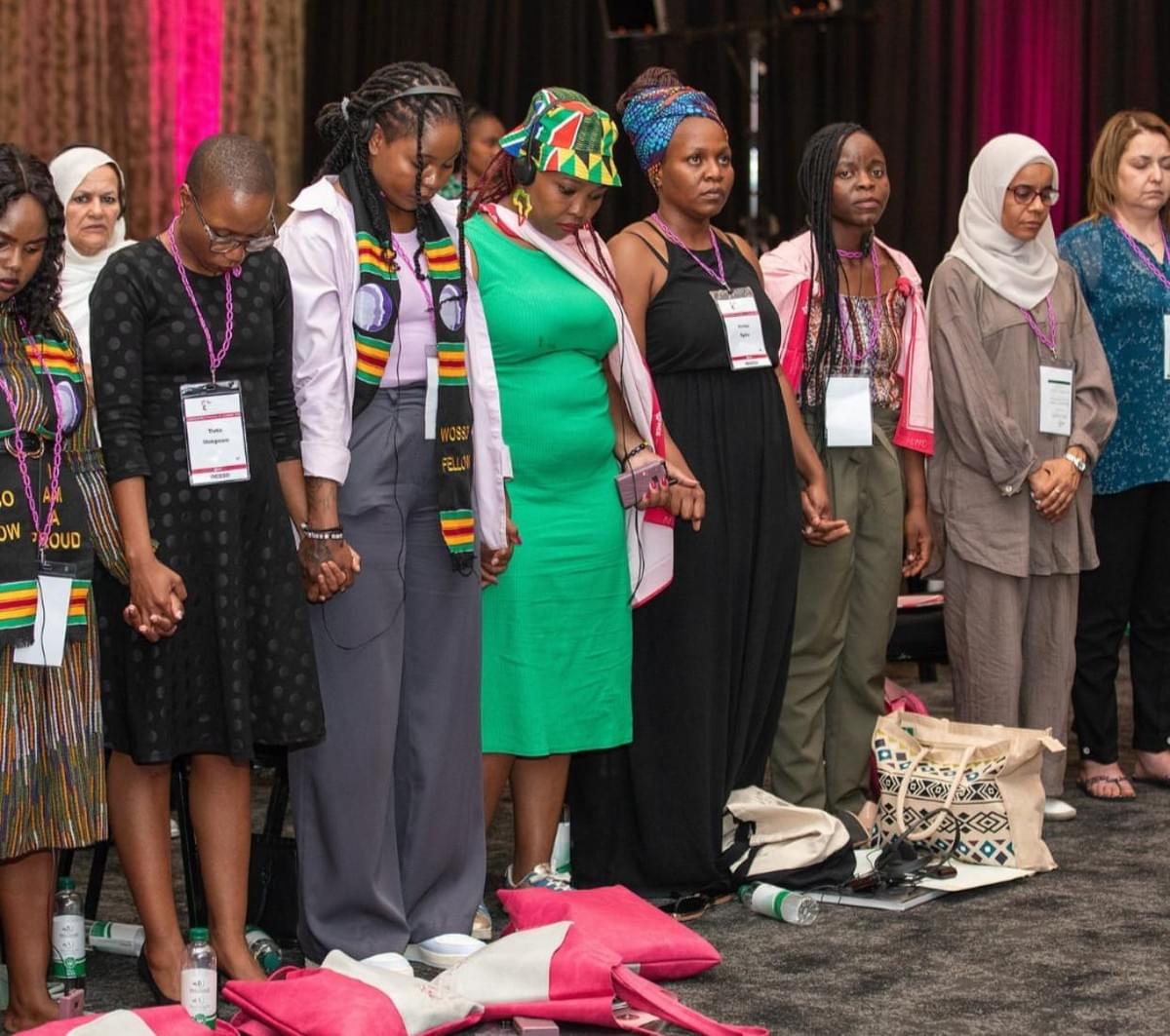
After an enriching WOSSO Fellowship experience at the Genderlinks Cottages and the AfWID Forum held at Birchwood Hotel in Johannesburg, I return with a wealth of knowledge and a renewed commitment to amplifying the pressing issues affecting human rights movements, while sharing my WOSSO Fellowship journey.
The overall events from the 25th to the 31st of January 2025- provided what was a transformative space, filled with powerful discussions and critical reflections that warranted a brief pause in blogging.
Now, I resume with a topic that cannot be ignored: the severe consequences of the U.S. government's decision to cut PEPFAR funding, an action that has sent shockwaves through human rights and public health sectors in South Africa and beyond.
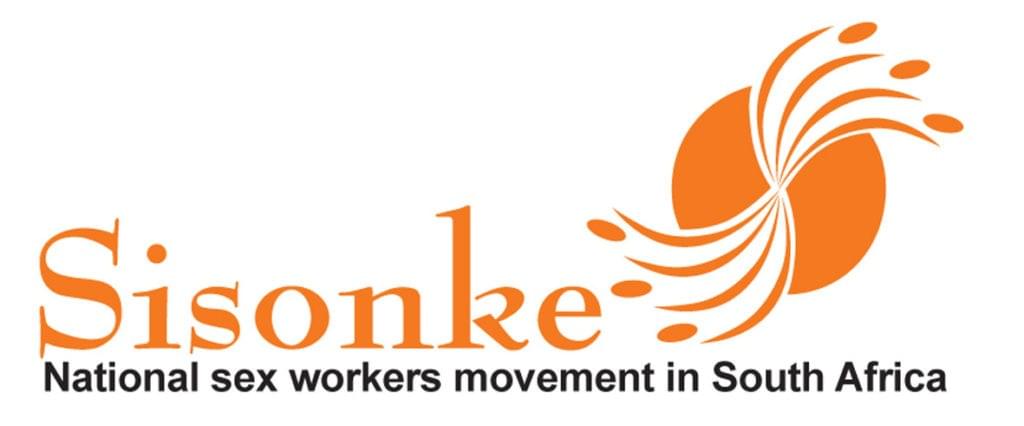
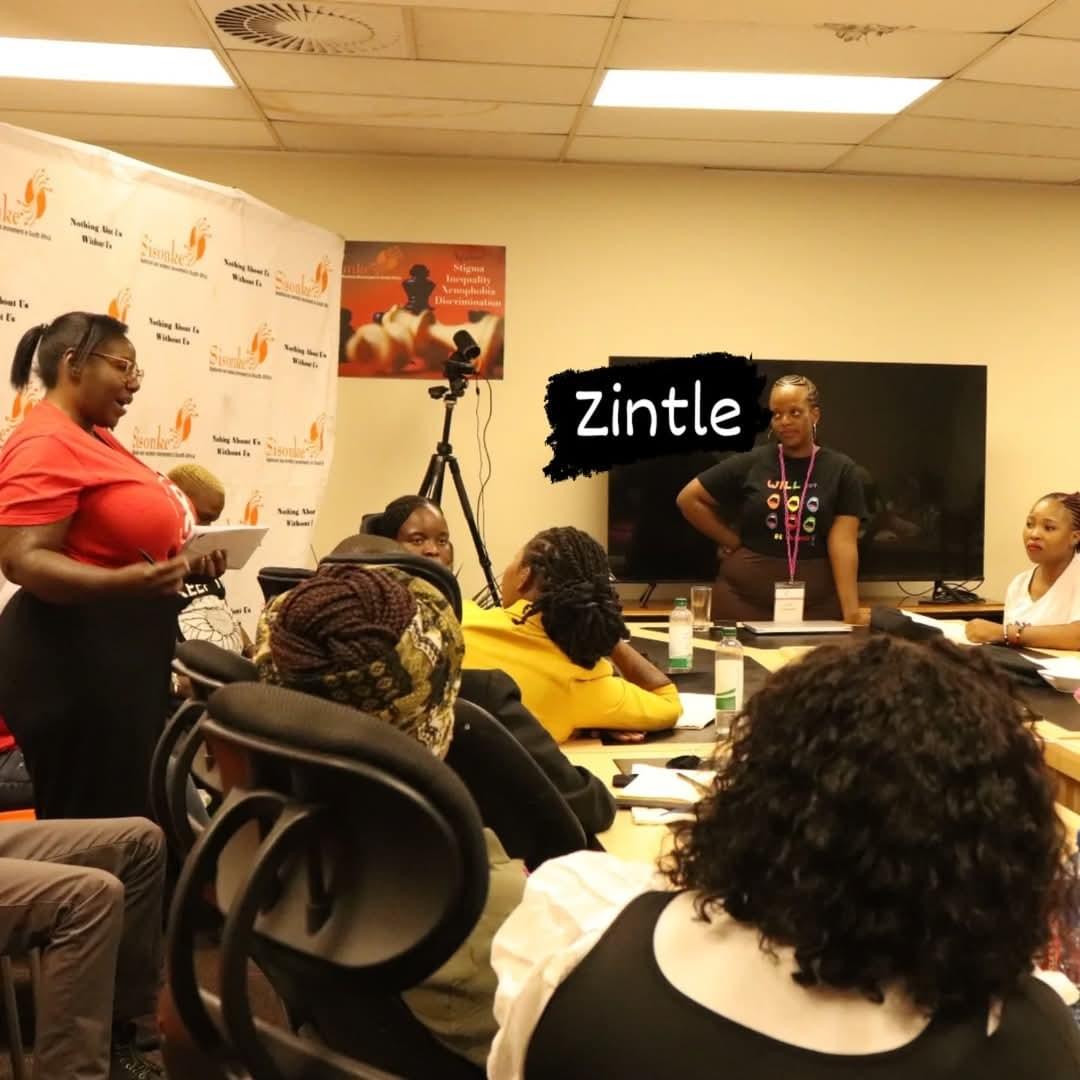
One of the most eye-opening moments of this eventful week, was our visit as WOSSO Fellows to the Sisonke National Sex Workers Movement. This organization tirelessly advocates for the decriminalization of consensual adult sex work, while also providing critical services to sex workers across South Africa. The visit was both educational and deeply sobering.
We learned about Sisonke’s advocacy efforts to protect and promote the human rights of sex workers while pushing for policy change and the ultimate decriminalization of sex work.
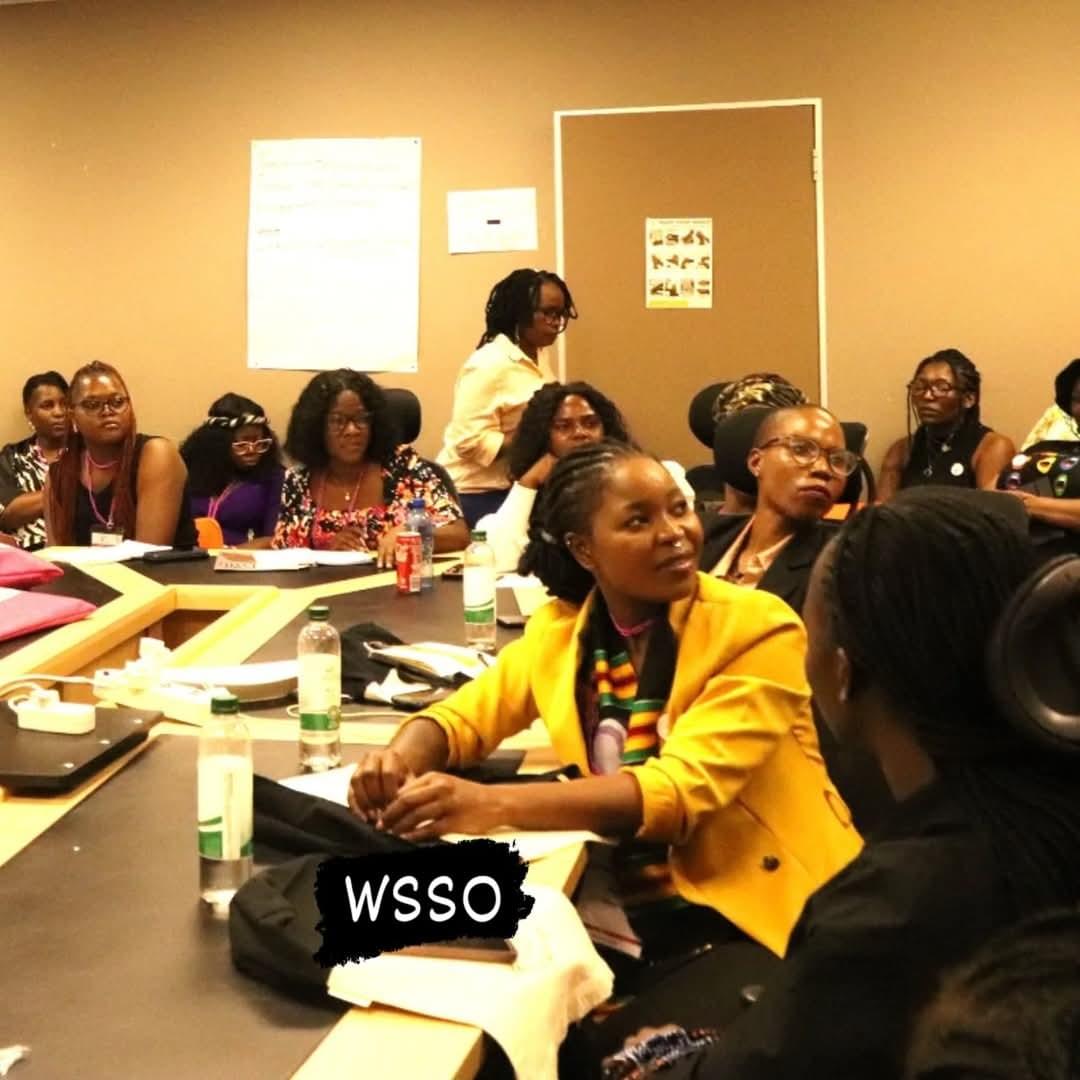
During this visit, we heard a powerful presentation from Zintle Tsholwana, a fellow WOSSO colleague, who passionately highlighted the significant contributions of Sisonke in the civil society sector.
However, the conversation took a distressing turn when Sisonke’s team shared the harrowing impact of the PEPFAR funding withdrawal.
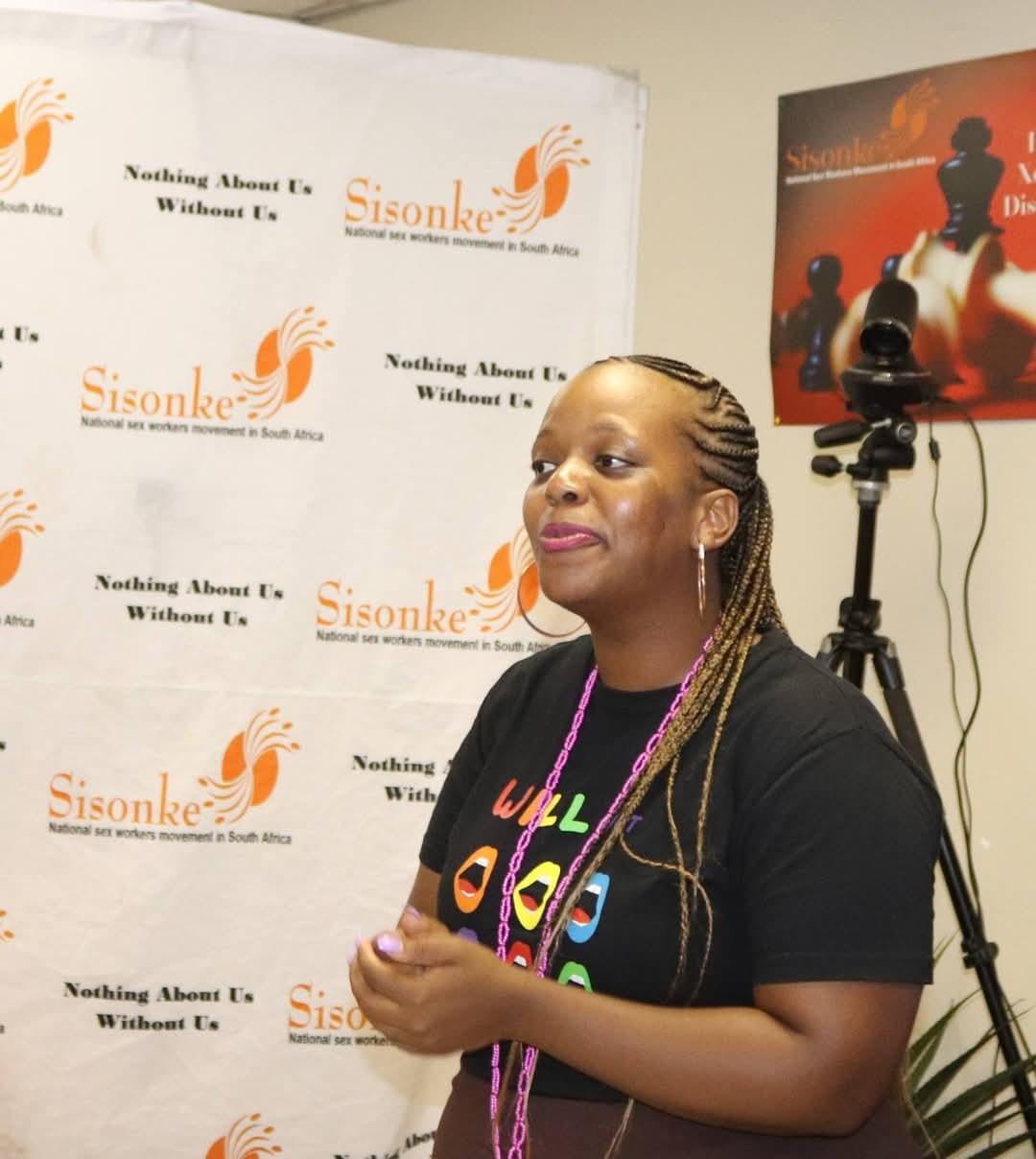
This decision, made under Donald Trump’s administration, resulted in the closure of one of their vital clinics in Johannesburg, stripping away essential health services, advocacy programs, and community support structures.
PEPFAR (The U.S. President’s Emergency Plan for AIDS Relief) has been a lifeline for many organizations working in HIV/AIDS prevention, treatment, and awareness. The abrupt withdrawal of these funds has placed countless lives at risk, particularly among marginalized communities.
This funding cut is not just an economic decision; it is a direct attack on human rights. It has forced organizations that rely on these resources to halt critical work, including HIV/AIDS programs, women's rights initiatives, LGBTQIA+ advocacy, disability rights projects, and broader community development efforts.
HIV/AIDS is not merely a health issue; it is a social justice issue that disproportionately affects the most vulnerable among us. A pause in funding means a pause in lifesaving interventions, a setback in policy advocacy, and a silencing of voices fighting for equality.
The political elite who push these regressive policies are actively working against progress, using financial constraints as a tool to dismantle hard-won human rights gains.
The backlash against human rights is deliberate. It is a strategic move to defund and destabilize progressive movements, particularly those supporting marginalized populations.
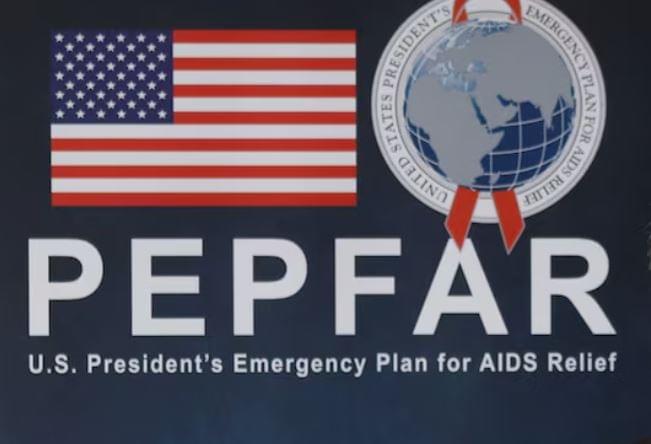
Political parties in South Africa, civil society organizations, and activists have voiced strong concerns about the devastating effects of PEPFAR’s funding withdrawal.
Without international support, the burden falls on local movements and communities who are already stretched thin, fighting multiple battles for survival and justice.
As we continue to navigate these challenges, it is crucial to remain vigilant and proactive. The decision to cut PEPFAR funding is a reminder that the fight for human rights is never over.
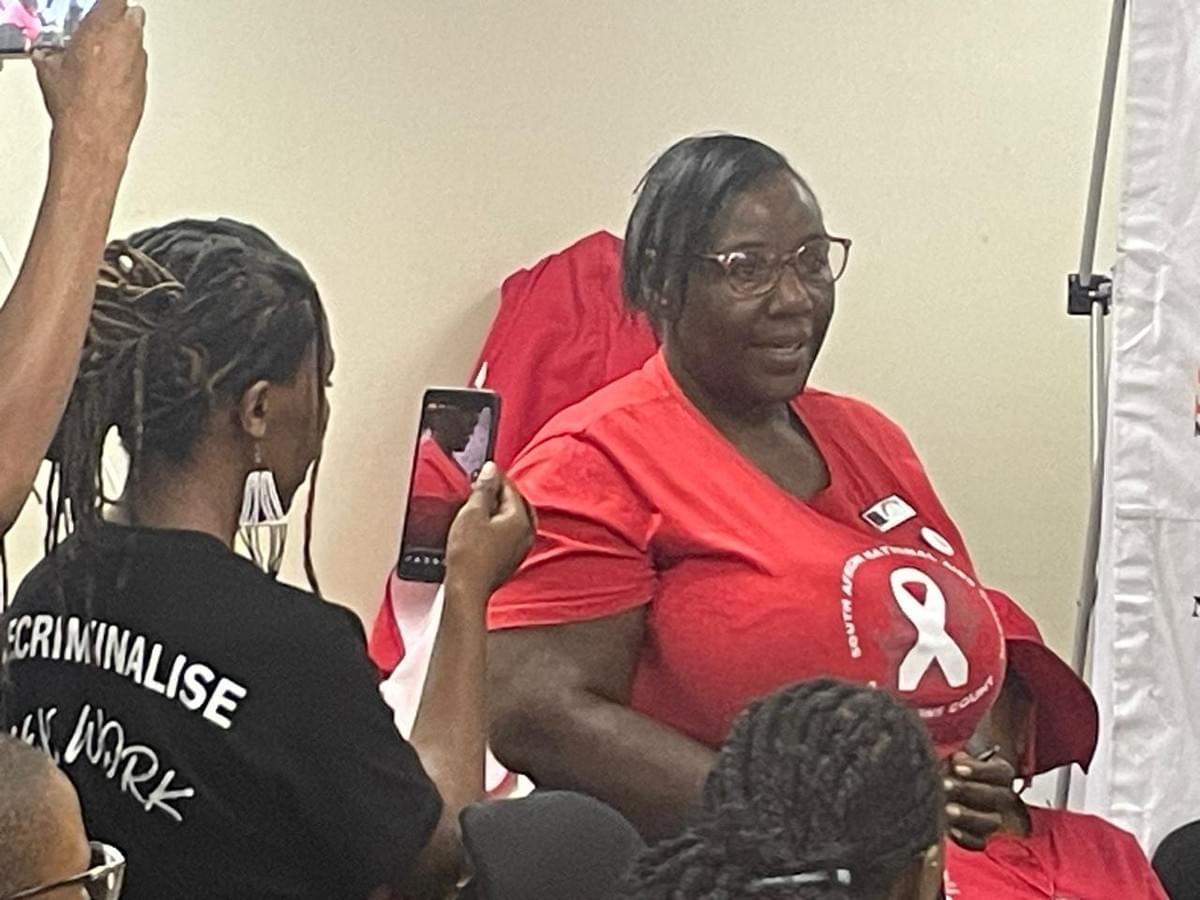
We must amplify the voices of those most affected, hold policymakers accountable, and continue to push for global solidarity in the face of adversity.
The AfWID Forum reignited my commitment to these issues, and in the coming weeks, I will share more insights from the powerful sessions and discussions that took place.
For now, let us focus on the urgency of this moment. The lives of millions depend on it.
